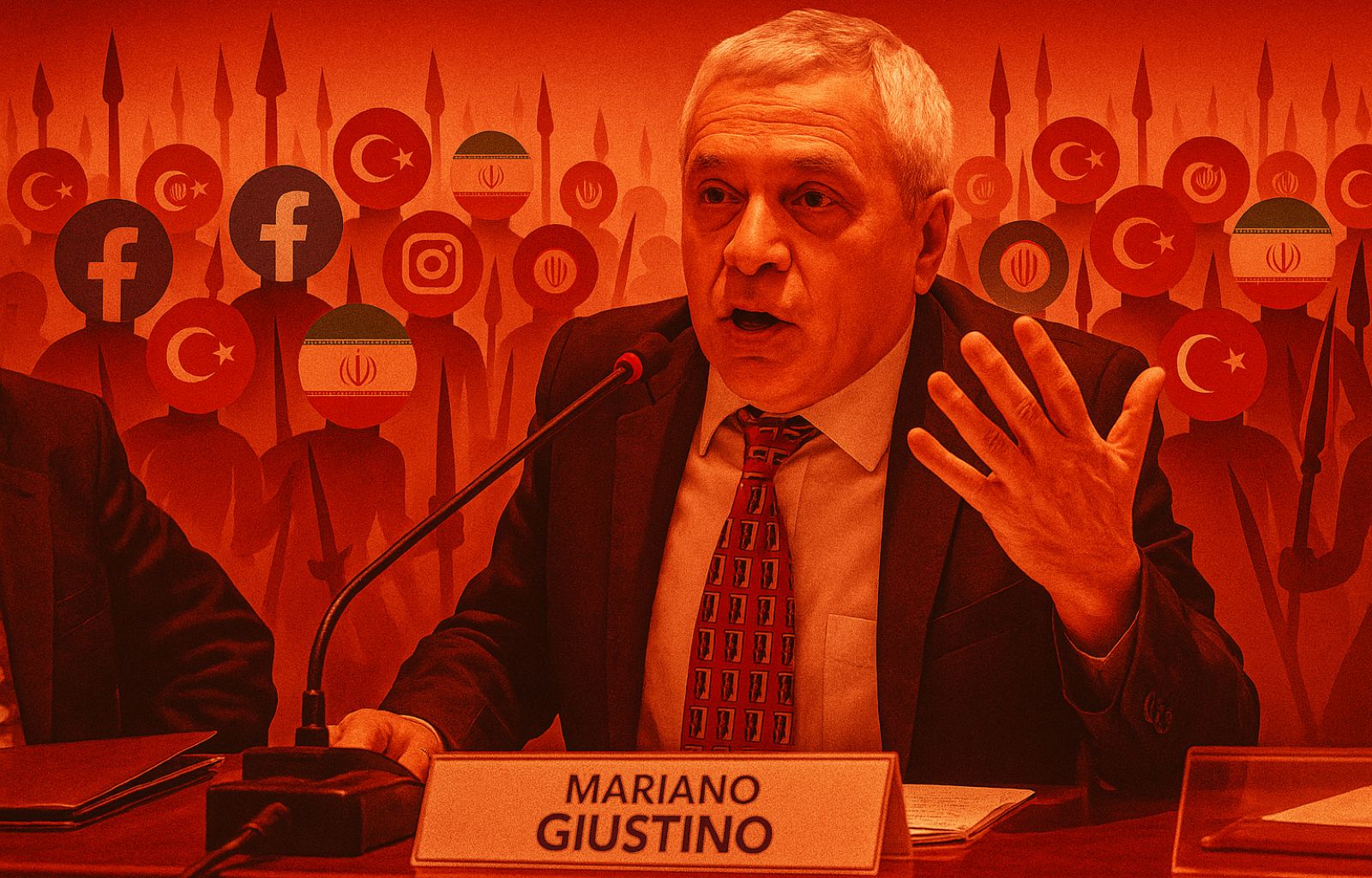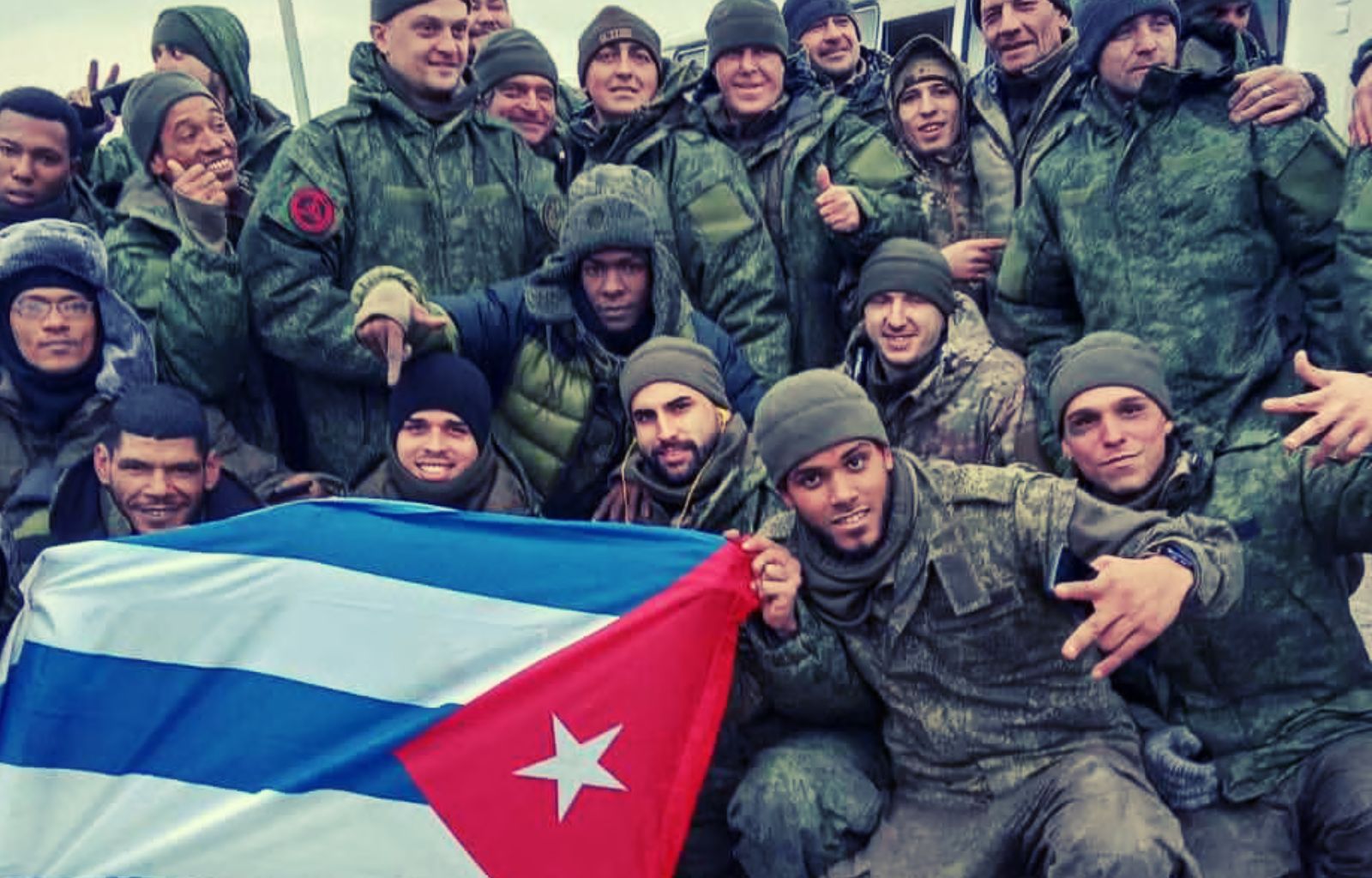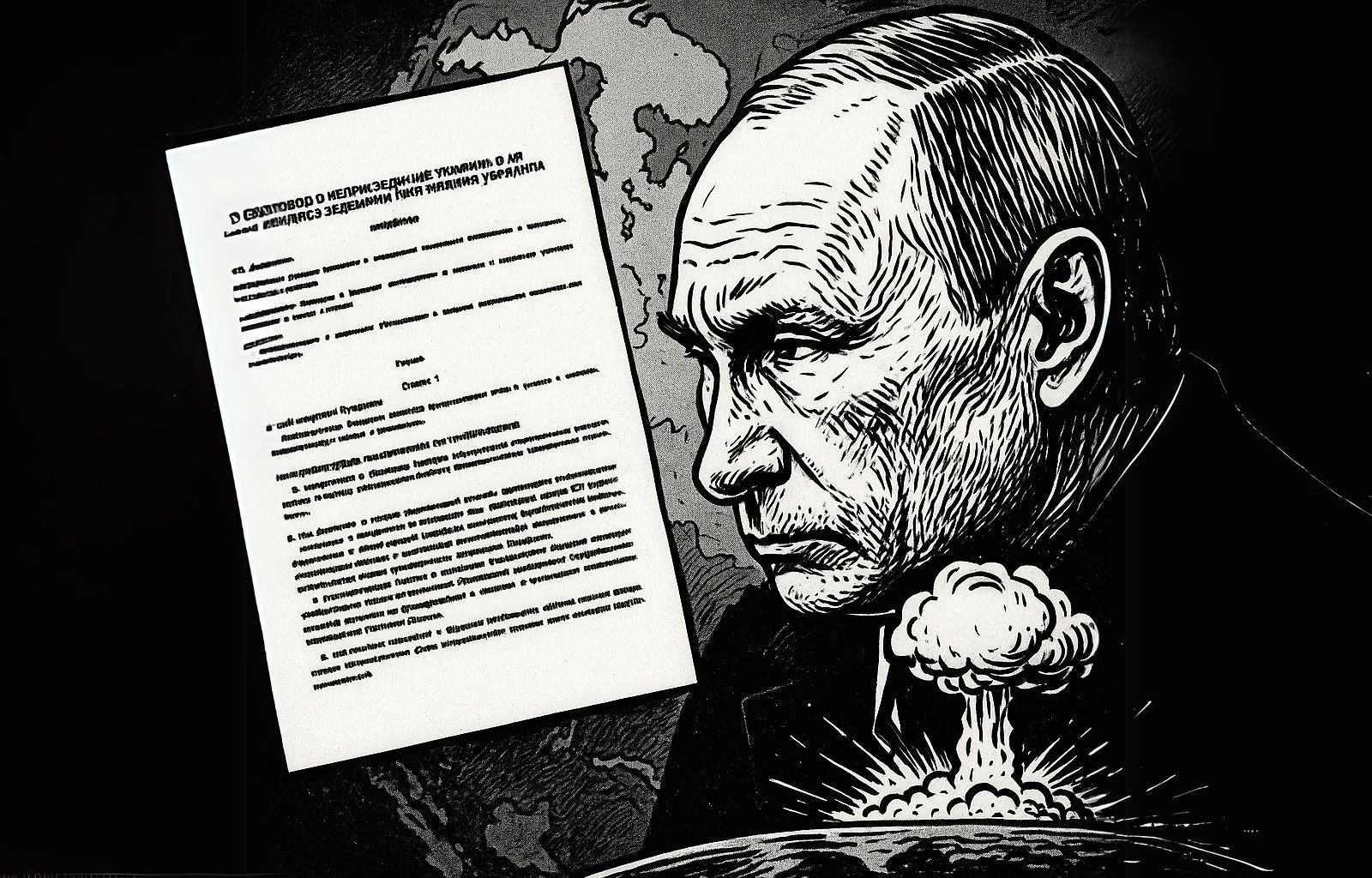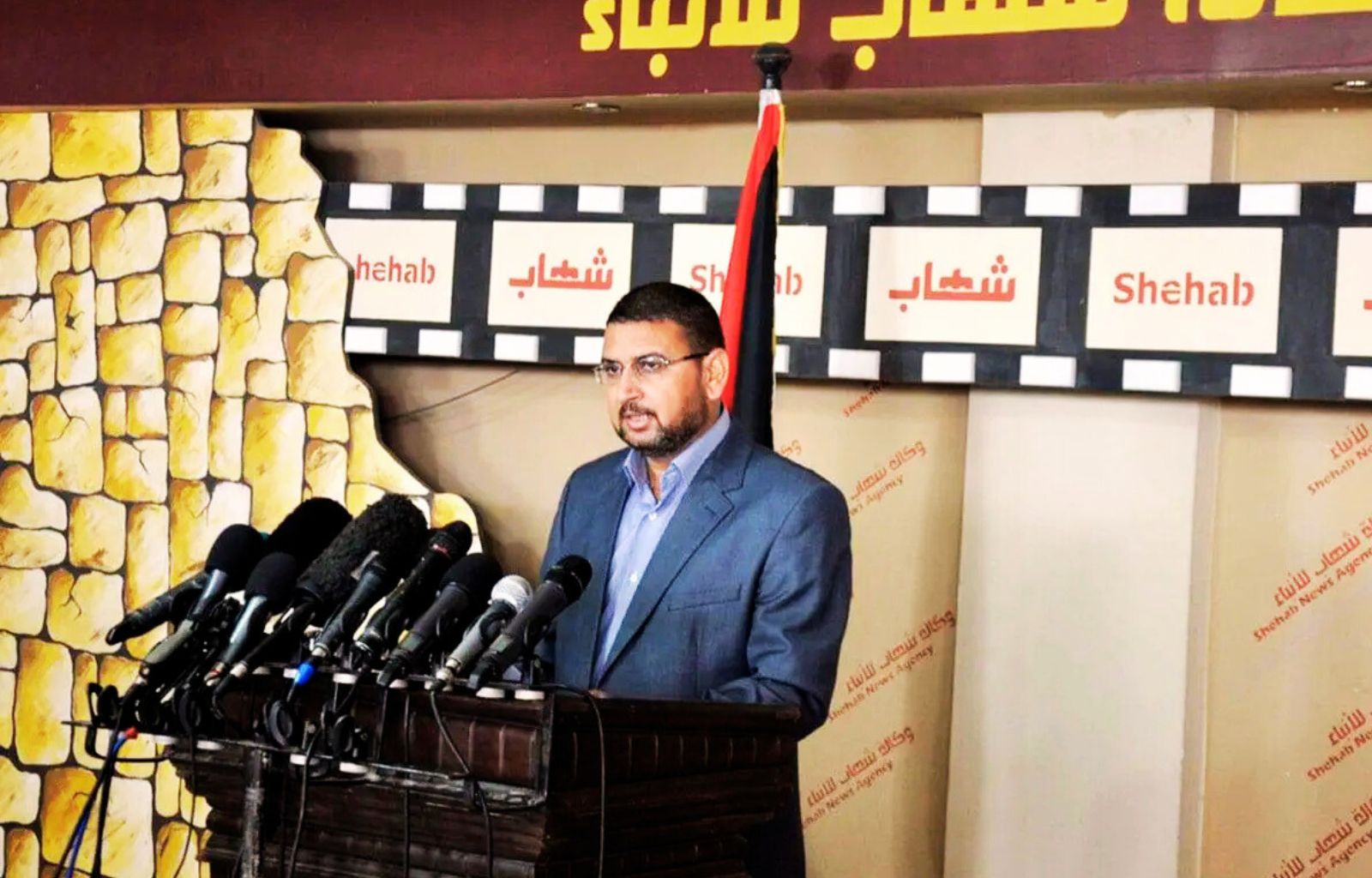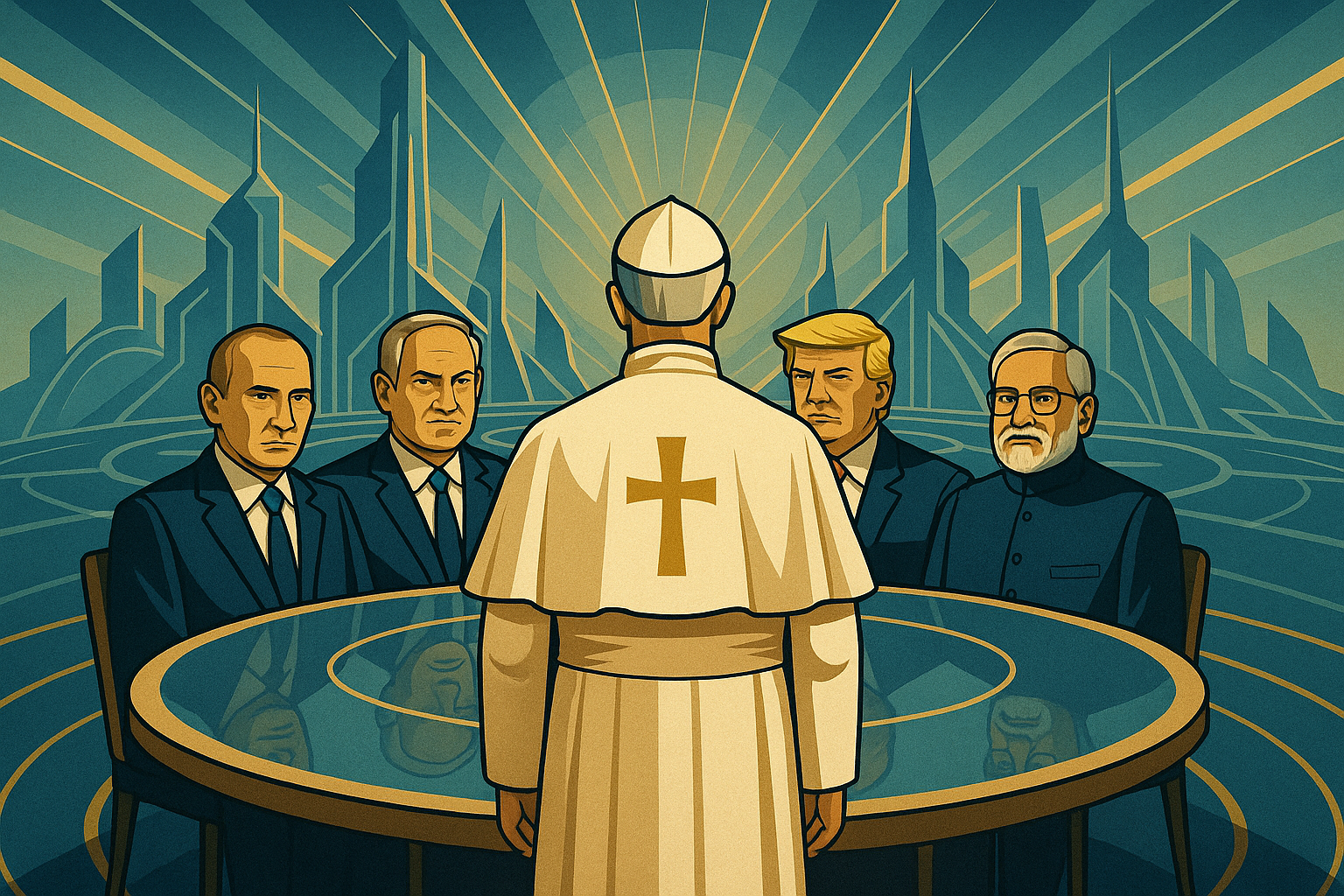Palestine vs. Hamas: Israel arms a Palestinian militia against Hamas
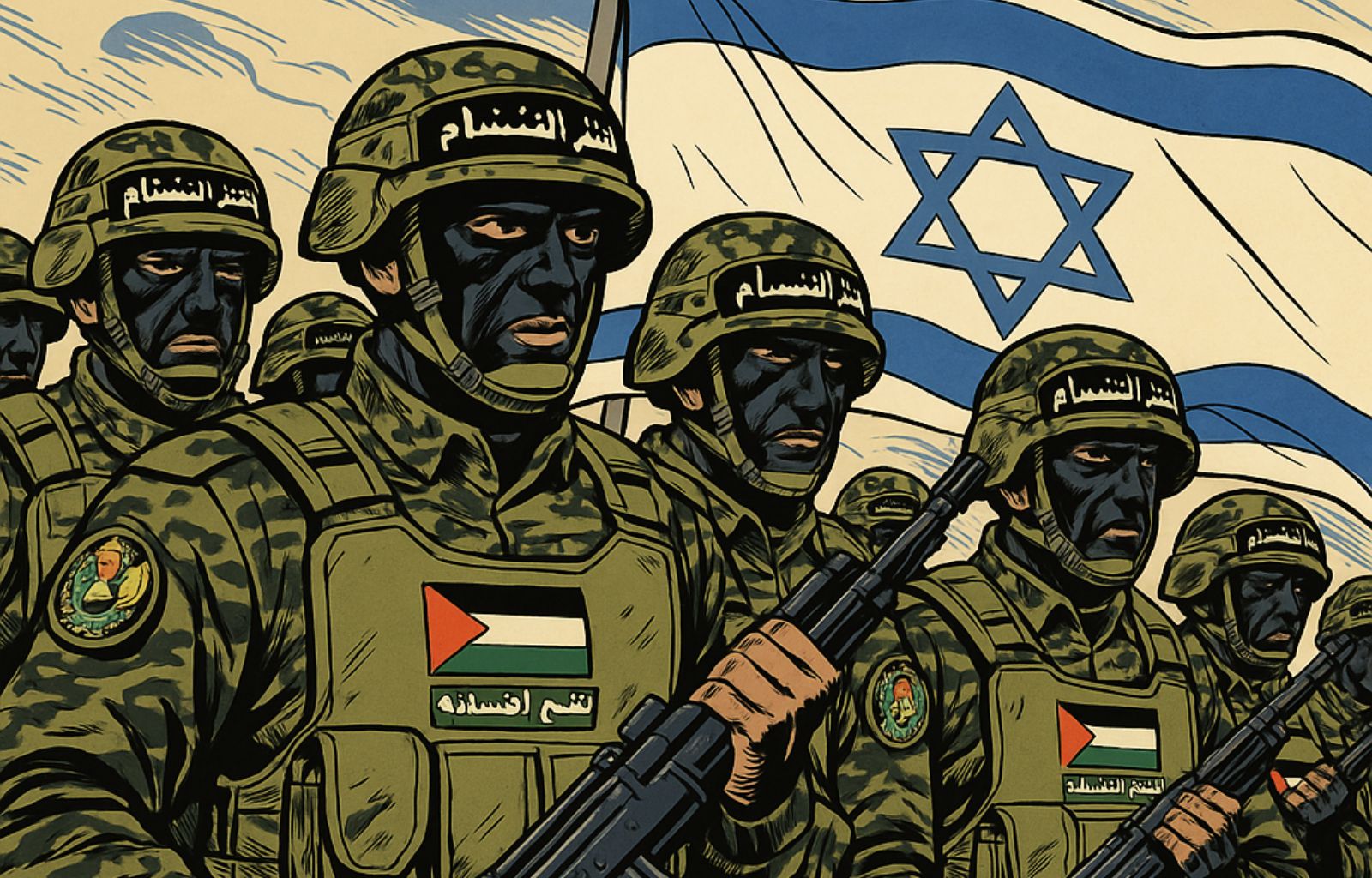
In the heart of Rafah, a tormented city in the south of the Gaza Strip, an unexpected actor is moving in the complex and brutal dynamics of the Israeli-Palestinian conflict. A new Palestinian militia, armed and indirectly supported by Israel, has begun to operate in an anti-Hamas capacity, raising profound questions about the future of the Strip, the strategies of the Israeli government, and the resilience of Palestinian society devastated by months of war and decades of occupation.
A secret Shin Bet plan
According to Israeli and Arab sources, the plan to set up an alternative Palestinian armed group to Hamas is said to have been devised about six months ago by the Shin Bet, Israel’s secret internal security service, and approved by Prime Minister Benjamin Netanyahu. The group, which calls itself ‘anti-terrorist service’ or ‘popular forces’, would consist of about one hundred men, led by Yasser Abu Shabab, a controversial figure with strong ties in southern Gaza.
His figure is shrouded in contradictory narratives: on the one hand, a former Hamas detainee who escaped during an Israeli bombing; on the other, an alleged member of the Bedouin Tarabin clan, accused of illegal trafficking, but also suspected by sectors of the Israeli right of links with Salafist extremism. Serious accusations, but lacking verifiable evidence.
The double game of intelligence and Netanyahu’s ambiguous line
The decision to arm a Palestinian militia represents a significant tactical change, which, however, was not even shared with the Israeli security cabinet. The fact that Netanyahu chose to act without involving his more radical ministers suggests the extreme political delicacy of this operation. And perhaps also its experimental and precarious nature.
The aim, in the short term, seems to be to create a local alternative to Hamas in the management of territory, especially in southern Gaza, where Israel intends to concentrate the Palestinian civilian population. The militia would also have the task of collaborating with the Israeli army in the distribution of humanitarian aid, an activity now taken away from independent NGOs that have been largely dismantled or rendered inoperative by the bombardments.
Proxy war and historical memory
In essence, what is unfolding is an internal proxy war in Gaza, in which Israel attempts to instrumentalise the widespread discontent among Palestinians towards Hamas. It is a plan that dangerously recalls a page from the past: in the 1980s, the Israeli state itself did not hinder the birth of Hamas, in the hope that it could weaken the PLO and the then hegemonic Fatah movement.
Today, history seems to be closing a cycle: a pro-Fatah militia against Hamas, supported by Israel, in an attempt to reconfigure the local political balance.
But if the precedent is a warning, it is not encouraging. Power dynamics that arise under conditions of military occupation, social fragmentation and external interventionism are unlikely to generate stability. Rather, they risk opening new fronts of conflict, further fragmenting society and delegitimising any alternative Palestinian leadership.
The ambiguity of the Palestinian National Authority
The leader of the new militia has declared that he operates under the leadership of the Palestinian National Authority (PNA), the West Bank government dominated by Fatah and recognised by the international community. But the support of the NPA, increasingly discredited in the eyes of the population for corruption and inefficiency, risks undermining the very legitimacy of the militia.
While in the eyes of many Palestinians Hamas is now synonymous with authoritarianism and predatory management, the PNA is not perceived as a credible democratic alternative, but rather as a distant and compromised structure.
The association between the militia and the PNA, moreover, does not seem consistent with the accusations of affiliation to the Islamic State made by Israeli right-wingers. Isis, in fact, considers the PNA a “junta of infidels” and would never allow one of its affiliates to recognise its authority. It is therefore evident that we are in an opaque terrain, where ideological labelling serves more to delegitimise than to understand.
Material motivation and survival
In a context of massive destruction and lack of economic prospects, even a monthly salary of $650 can be a powerful motivation to join an armed militia. Especially for young Palestinians without a home, job or horizon, weapons can become not only instruments of power, but instruments of survival.
Israel, aware of the social fracture within Gaza and the growing anger towards Hamas, seems to want to capitalise on disenchantment and local rivalries to build a less costly and more internationally sustainable control alternative. But this strategy, however pragmatic, does not address the root causes of the conflict: the absence of a sovereign Palestinian state, the military occupation, the embargo, the collapse of civil institutions.
A short-term strategy with long-term risks
What is evident is that this new militia does not represent a political project, but a tactical device, useful for Israel to manage the present, without offering a vision for the future. In the absence of a plan for the political reconstruction of Gaza, any attempt at social engineering risks turning into a boomerang.
The most serious risk is that the tribal, clientelistic and sectarian logic that has already devastated other areas of the Middle East, from Syria to Libya, will be reproduced. A militia can fight Hamas, but it cannot replace a state, nor create legitimacy from below. On the contrary, it can reinforce the perception that any Palestinian leadership is instrumental to external powers.
Between geopolitical cynicism and lack of vision
Against the backdrop of an increasingly brutal and dehumanising war, the emergence of an Israeli-funded anti-Hamas Palestinian militia is a bold but risky tactical move, laden with moral, political and strategic implications. More than a solution, it appears as an attempt to buy time, move the conflict within Palestinian society, and control Gaza without formally occupying it.
But in the Middle East, political vacuums rarely remain empty for long. And unless the international community is able to promote a credible vision of peace, justice and self-determination, no militia, no secret plan will be able to stabilise a region that has known only the language of force for too long.


